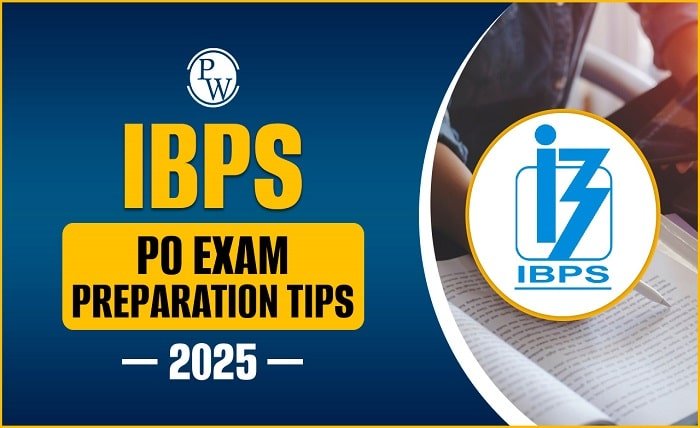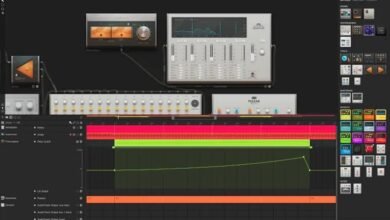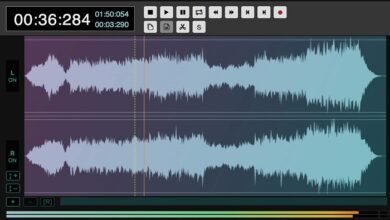How to Revise 6 Months of Current Affairs in One Week Before the IBPS Exam

With the right plan, revising current affairs quickly is possible. Time is limited, and pressure builds up, but a focused, strategic approach can make revision manageable. This final week is crucial for retaining facts and understanding recent developments. With innovative techniques, even six months of information can be revised efficiently.
IBPS current affairs form a core part of the general awareness section of banking exams. Rather than attempting to reread everything, aspirants should concentrate on compiled summaries. Let’s explore how to approach this vast syllabus using innovative strategies and condensed, exam-ready resources.
Divide the Week by Themes, Not Months
Don’t make the mistake of revising month by month. Focus one day on banking and economic news, dedicate another to government schemes and appointments, and cover science, defense, and sports in a single session. Use color-coded notes or sticky tabs to divide topics. This method reduces stress and improves focus during revision.
Sticking to themes helps reinforce memory because it connects similar facts. Aspirants often struggle with scattered facts from multiple timelines. Organizing by theme makes it easier to recall under pressure. Review key facts using charts or flashcards. That way, the revision becomes more visual and impactful.
Focus on High-Frequency Topics First
Some topics appear repeatedly in bank exams. These include RBI updates, inflation data, repo rates, and significant financial news. Start revision with these areas to lock in essential details. Questions from these themes are predictable and score-friendly. Next, move to static topics linked to current events. This includes locations, days, and awards tied to current developments.
Revise with the mindset that not everything will be asked. Exams follow patterns, and knowing which ones matter most saves time. Focused reading helps cut through the noise. Use filtered PDFs or topic-wise notes. Rely on data-rich sources that highlight what’s been asked in previous papers. A focused review now will feel like an investment on exam day.
Practice with Weekly and Monthly Quizzes
Quizzes make revision interactive and engaging. They also test retention better than passive reading—attempt quizzes by topic and difficulty level. Begin with daily sets, then move to full-length weekly quizzes. This combination gives a better idea of where you stand.
Quizzes help identify weak areas. Track your performance and review explanations for wrong answers. Avoid the temptation to guess—focus on understanding. Retesting the same questions later helps reinforce memory. Schedule at least two hours daily for quiz practice. This habit will boost both confidence and recall speed during the exam.
Make Quick Notes and Flashcards
Flashcards are underrated tools during last-minute prep. They condense information into bite-sized, easy-to-remember chunks. Create cards for recurring names, dates, schemes, and facts. Limit each card to one key detail. That way, there’s no information overload.
Quick notes also come in handy. Use bullet points, tables, or one-liner formats. Avoid writing long paragraphs while revising. Visual aids like pie charts or mind maps work great for comparative topics. Keep these notes handy for quick reviews during breaks. Light, repetitive reading improves memory without adding mental fatigue.
Limit Resources and Avoid Last-Minute Switching
Stick to the sources you’ve been using throughout the preparation. Switching now may lead to confusion, so focus on trusted monthly digests or coaching institute PDFs. These resources are familiar and structured for exam needs. Refrain from starting any new material in the final week.
Your brain performs better with repetition, not new inputs. Trust the summaries and topic-wise breakdowns you already have. Avoid panic and overload yourself with extra information. Focus on reinforcing known material. That alone can make a significant difference in your final score. Precision matters more than volume at this stage.
IBPS current affairs preparation for the final week requires a targeted and consistent approach. Instead of rereading everything, revise only what matters—group topics thematically to simplify learning. Stick with what’s familiar and structured. With a clear plan, six months of updates can be effectively reviewed. This final phase isn’t about learning more—it’s about recalling better. Thoughtful preparation always wins over panicked cramming.





